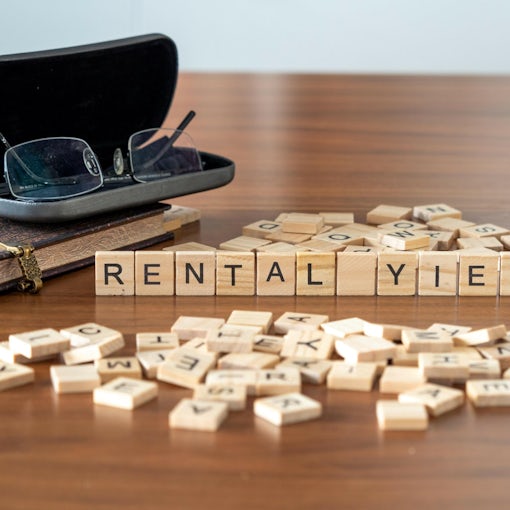Delays by local councils in paying housing benefits to tenants is causing hardship to tenants as well as landlords and is one of the principle reasons why some landlords hesitate to take on tenants claiming the benefit.
More than half (52 per cent) of private sector tenants on housing benefit have experienced delays over payments from their local council, according to new research carried out by the National Landlords Association (NLA)*.
If these figures are correct, they would affected around 3.3 million tenants according to the NLA, they also show that in over a third (36 per cent) of cases, tenants are saying that the delays have caused them problems with paying their rent or stopped them paying it on time.
Tenants on housing benefit will be put under more pressure over the coming years as the government has said it will freeze the level of benefit for four years. Shelter has predicted that 80% of working English households claiming support will face a benefits shortfall.
According to the NLA’s statistics, at present almost three quarters of tenants claiming benefit (73 per cent) pay their rent to their landlord after receiving it from their local council. In the remainder of cases (27 per cent) housing benefit is paid directly to the tenant’s landlord by the council.
Richard Lambert, Chief Executive Officer at the National Landlords Association (NLA) said:
“Local councils are failing to support a growing number of tenants who are most in need of a home and the proportion of landlords willing to let to tenants in receipt of benefits has halved over the last few years. Their perception is that the risk is too great, and it’s easy to see why if payment delays appear to be inherent within the benefits system.
“The pressure on those private landlords who have remained in this part of the market will be seriously increased by the government’s benefits freeze and the devastating changes to mortgage interest relief announced by the Chancellor in July’s Budget.
“Ultimately, the people who suffer will be those who have almost no option other than the private rented sector for a home and yet find that they are unable to rely on their local council for the support to which they are entitled.”
*The figures from the NLA also show that:
- Around 45 per cent of all tenants in the private rented sector receive some form of benefit payment.
- One in three (30 per cent) receive local housing allowance (LHA), Universal Credit or Housing Benefit.
- A quarter (26 per cent) receive Council Tax benefit
- One in ten (11 per cent) receive Disability Living Allowance
- Three per cent receive Job Seeker’s Allowance
Article courtesy of LandlordZONE






